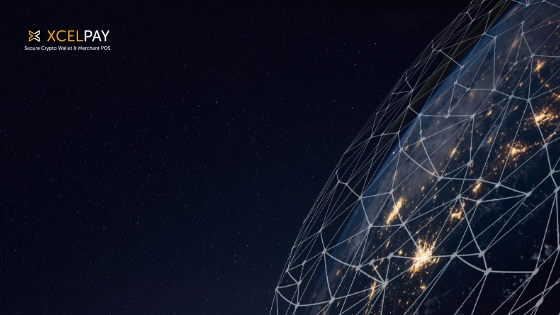Blockchain and Supply Chain Management
The life cycle of a
merchandise is a fascinating one. The next time you’re purchasing something in
the supermarket, think of what all it had to go through to get in your hands.
Think about where all the raw constituents came from, who all transported the
raw material to manufacturing plant where it was fashioned, and how it
ultimately got packed and ended up in the very shop where you are purchasing it
right now. Supply chains are absolutely
critical for the overall well-being of your business. The current system of
supply chains is outdated and requires a significant reboot. This is where the blockchain
comes in.
A blockchain is, in the
simplest of terms, a time-stamped series of immutable record of data that is
managed by a cluster of computers not owned by any single entity. Each of these
blocks of data (i.e. block) are secured and bound to each other using
cryptographic principles (i.e. chain). The 3 properties of the blockchain
technology that is going to help disrupt the supply chain management system
are: Decentralization, Immutable and Transparency.
So, from what we have known so far, the blockchain technology has
properties of decentralization, transparency, and immutability. As such, it is
the perfect tool to use for the disruption of the supply chain management
industry. Every time a product changes hands, the transaction could be
documented in the blockchain, creating a permanent history of a product, from
manufacture to sale. What this does, is that it reduces:
·
Time Delays
·
Human Error
·
Added Costs
Blockchain can definitely improve the following properties:
·
Recording the quantity of the products and its transfer through different
parties.
·
Tracking all the purchase orders, change orders, receipts, trade-related
details
· Verifying the validity of the certification of the products.
Eg. this can be used to track whether a particular item meets certain quality
standards or not
- It can link
various physical items to serial numbers, barcodes, and tags like RFID
etc.
- Helps in the sharing all the information about the manufacturing process, assembly, delivery, and maintenance of products with the different parties in the supply chain.
So, if we were to look into all the benefits that the blockchain can
bring into the system:
· Blockchain’s transparency helps in the careful documentation of a
product’s journey from its point of origin to all its suppliers. This increases
the trust among the various parties in the supply chain because all the data is
visible for everyone to see.
· The blockchain network can take in any and all participants of the
supply chain network. Plus, regardless of their geographical location,
everybody will be able to connect with the blockchain.
· Blockchain’s immutability will make sure that all the records in the
chain are honest and free from corruption. Plus, the strong security from its
innate cryptography
will eliminate unnecessary audits, saving copious amounts of time and money.
· The utilization of blockchain also opens up the doors to future
innovation.
It seems like the
blockchain technology and supply chain management systems were built for each
other. In fact, all the flaws of the current supply chains can be easily
mitigated by using the blockchain technology. We believe that this is one of
the foremost industries that the blockchain can disrupt and change for the
better. Hopefully, blockchain-based supply chain management systems can be the
norm in the future.



Comments
Post a Comment